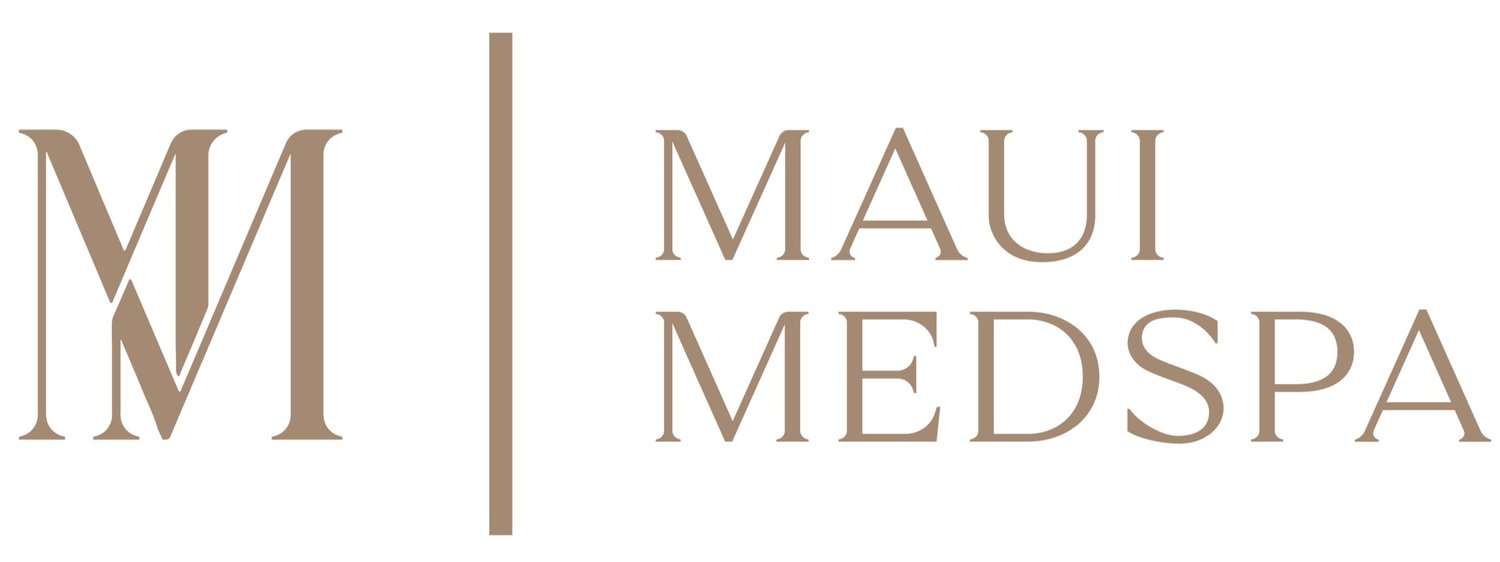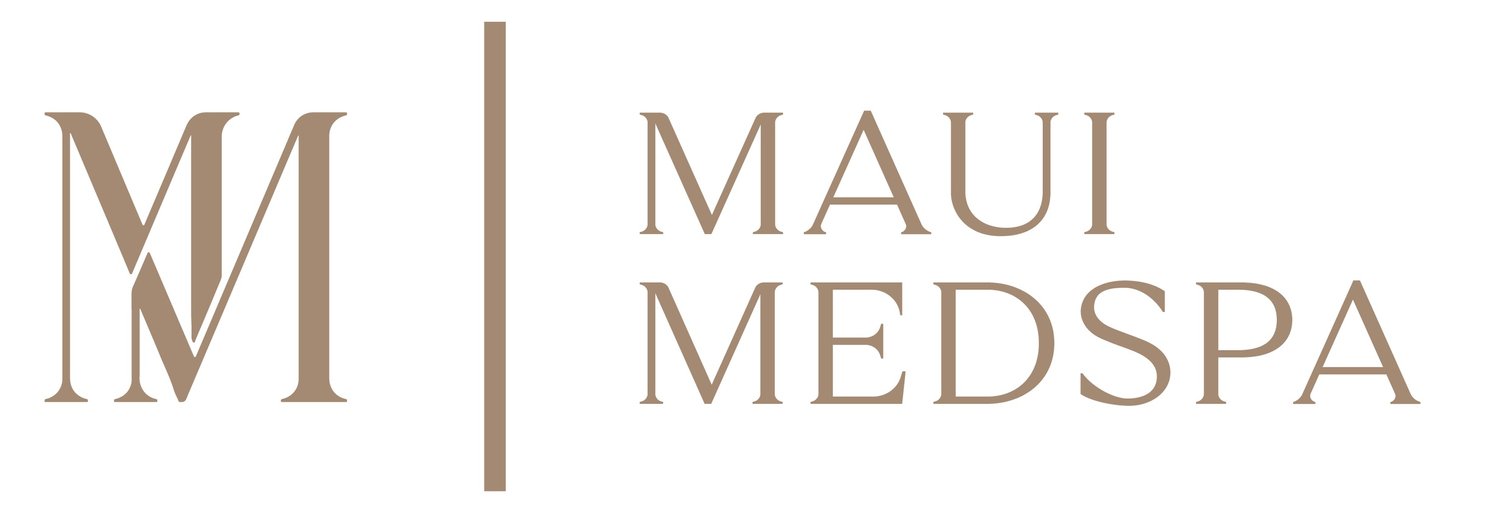How to Properly Exfoliate Your Skin and the Benefits
Exfoliation is an important step on the road to healthy, beautiful skin. Every day our skin is constantly shedding old dead skin cells and replacing them with new ones. Over time, these dead skin cells along with dirt, oil and pollutants accumulate on the skin giving it a dull unhealthy appearance. The good news is with regular exfoliation both of face and body, you can restore that vibrant glow and smooth healthy look. With so many skincare products on the market, and an abundance of advice (some conflicting), we made this easy to follow guide for how to properly exfoliate your skin.
What are the benefits of exfoliation?
Our skin cells are constantly renewing themselves: out with the old, in with the new! While you may know that exfoliation makes the skin look better, you might not know it also is vital to the health of the skin.
As skin cells age, they naturally come to the surface (called the epidermis). Once on the surface, they change into what was once a plump healthy cell to becoming filled with a firm substance called Keratin. These are the cells that eventually slough off. If you have every brushed away flaky skin, this is what is happening!
These dead keratinized cells have a tendency to pile up on the surface, trapping with them oil, dirt and pollutants. This build-up not only dulling but also triggers acne by clogging pores and adding to the irritation.
Skin exfoliation keeps the skin looking young, bright and healthy, and keeps the pores clean!
IMPORTANT THINGS TO KNOW
By removing built-up grime, other skin care products like Vitamin C serums or Antioxidants are able to better penetrate to deeper layers of the skin.
Be careful to avoid over-exfoliation, especially if you have sensitive or aging skin.
Exfoliation is best done 1-3 times a week depending on your skin type. Start with once a week and slowly work up as you are able to tolerate it.
Sunscreen is especially important after exfoliation. By removing this layer, your newer healthy cells are more exposed. By vigilantly applying broad-spectrum sunscreen anytime you are outdoors you can avoid any additional risk of sun damage.
It is best to avoid waxing for 24-48hrs after exfoliation as you may damage the newer layer of skin.
Best Methods for exfoliation
You may be wondering “Where do I start?”, which is a great question! Luckily all exfoliation falls into one of three categories:
Mechanical: Mechanical exfoliation is the easiest method and safest to start with. This involves removing old cells by physically scrubbing the skin. A gentle washcloth is one of the best and easiest mechanical exfoliators. We also love to add the process of removing old cells through a cleanser like SkinCeuticals Micro-Exfoliating Scrub which uses microbeads to rub against the skin. If you choose a professional service at Maui MedSpa, dermaplaning is our go-to!
Chemical: Chemical exfoliation is the next level we recommend. It sounds intimidating, but it’s really not! The two most popular chemical exfoliants are beta hydroxy acid (BHA) or alpha hydroxy acid (AHA) which you will see in many over-the-counter or medical-grade products. The treatments range from mild concentrations that you can use every day (like the SkinBetter AlphaRet Exfoliating Peel Pads) to higher concentrations applied by providers at medical spas in the form of Chemical Peel
Laser: Laser based exfoliation uses light energy that is transferred to the top layer of the skin to cause a local peeling. This can also help draw pigment out of the skin such as in melasma or sun spots.

